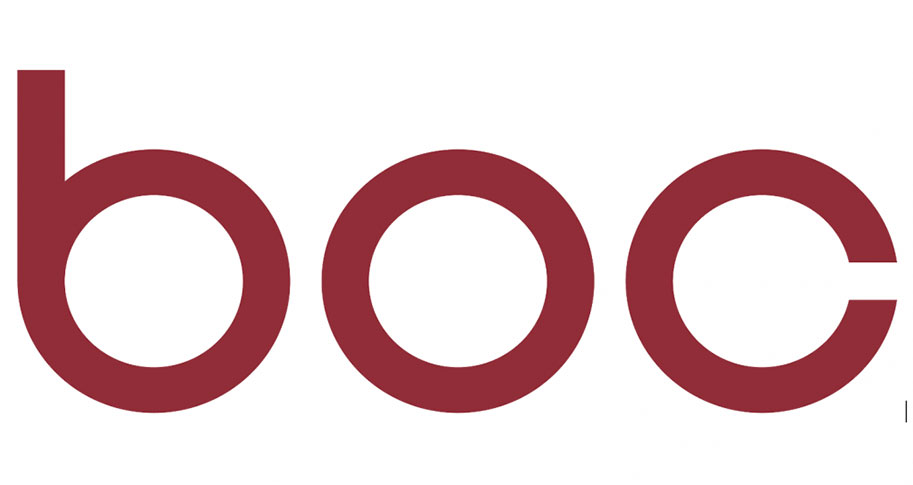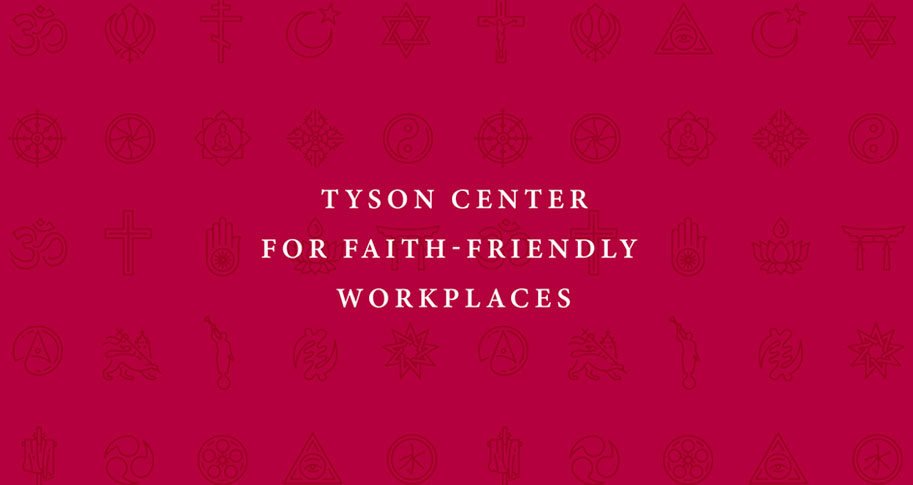
“I think all parts of the state are going to be affected to some degree, but parts of the state that were struggling economically – the smaller metro areas and non-metro areas – are going to see sharper declines than some of the better performing larger metros that may have enough infrastructure to withstand the effects of this crisis,” Jebaraj said. “Areas of the state that are very dependent on the hospitality sector will also see some prolonged pain, as people might remain hesitant to plan recreational travel with uncertainties about cancellations from the virus resurging.”
Some states are making plans to begin reopening businesses and restart their economies in a few weeks. Jebaraj said how quickly the Arkansas economy begins to rebound once restrictions are eased and everyone starts thinking about a recovery will depend on careful management and foresight.
“If this was a short shutdown, then yes we will be able to come back quickly,” he said. “Unfortunately, since we still don’t have enough tests for the population or a vaccine, our only means of containing the spread of the virus is to maintain effective physical distance by closing most businesses with public accommodations.
“It is vital that the federal government step in with support for businesses to remain viable during this time. If they don’t, and businesses are allowed to go bankrupt or close, the recovery will be prolonged and painful.”
Some sectors of the national economy will weather the crisis better than others, but the ones best poised to come through in good shape may not be in Arkansas.
“All the sectors related to warehousing, delivery of goods and services to homes, telecommunications and in-home entertainment will see faster growth during this crisis,” Jebaraj said. “Unfortunately for Arkansas, most of the major players in these sectors are not clustered in our state.”
“Discount grocery stores and e-commerce can expect to see a lot of activity although this may simply be replacing demand from other aspects of these businesses. The worst affected industries will be the leisure and hospitality industry (restaurants, bars, hotels, gyms) and personal care services (salons, massage therapy, etc.),” he said.




